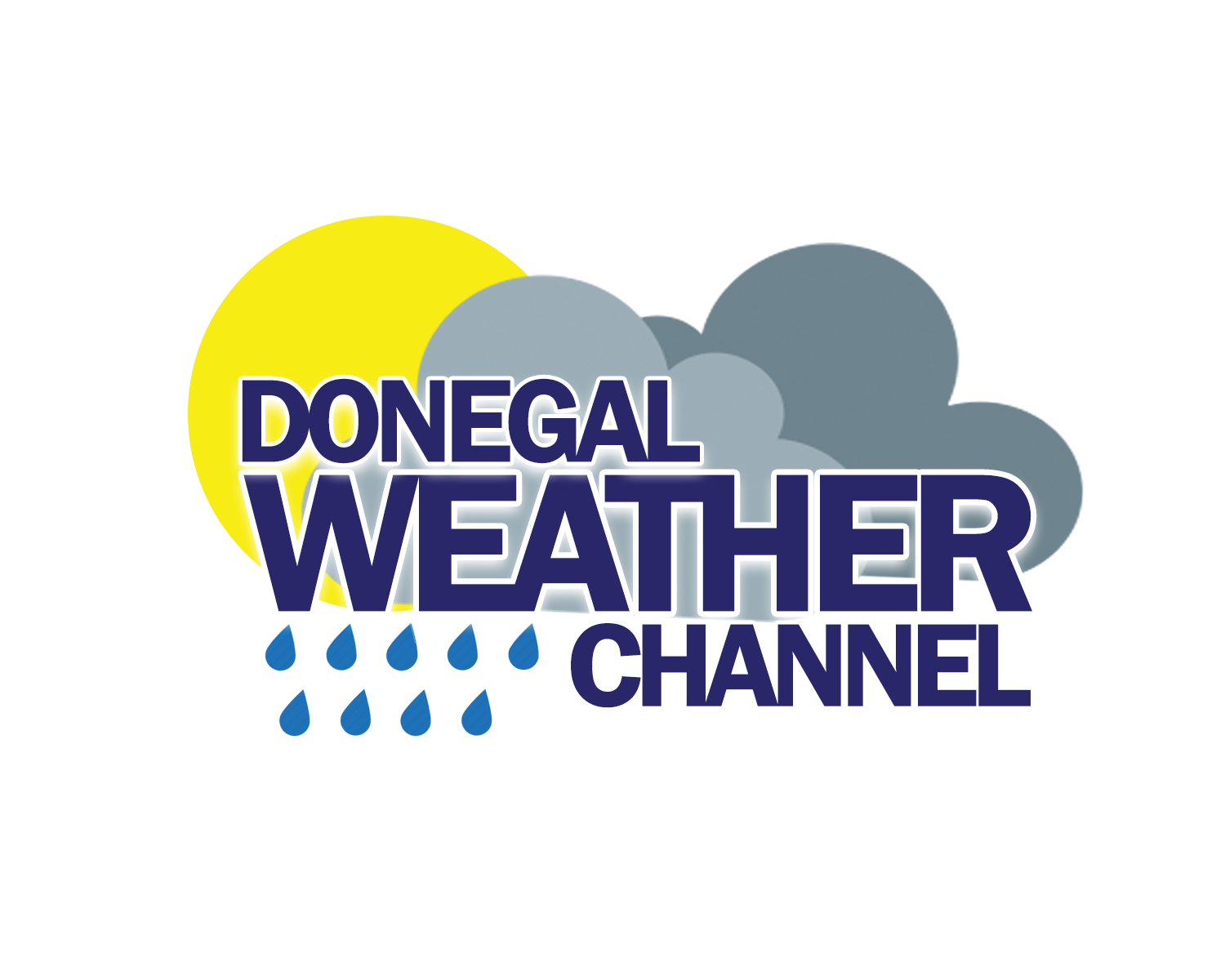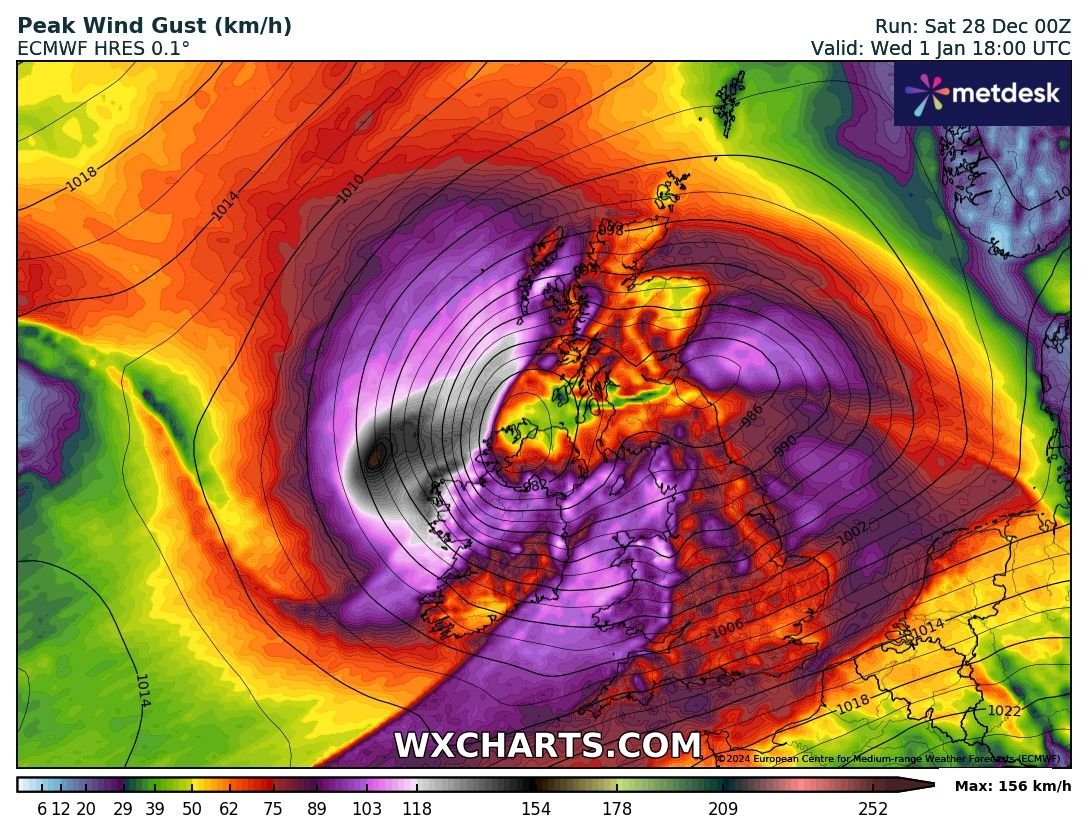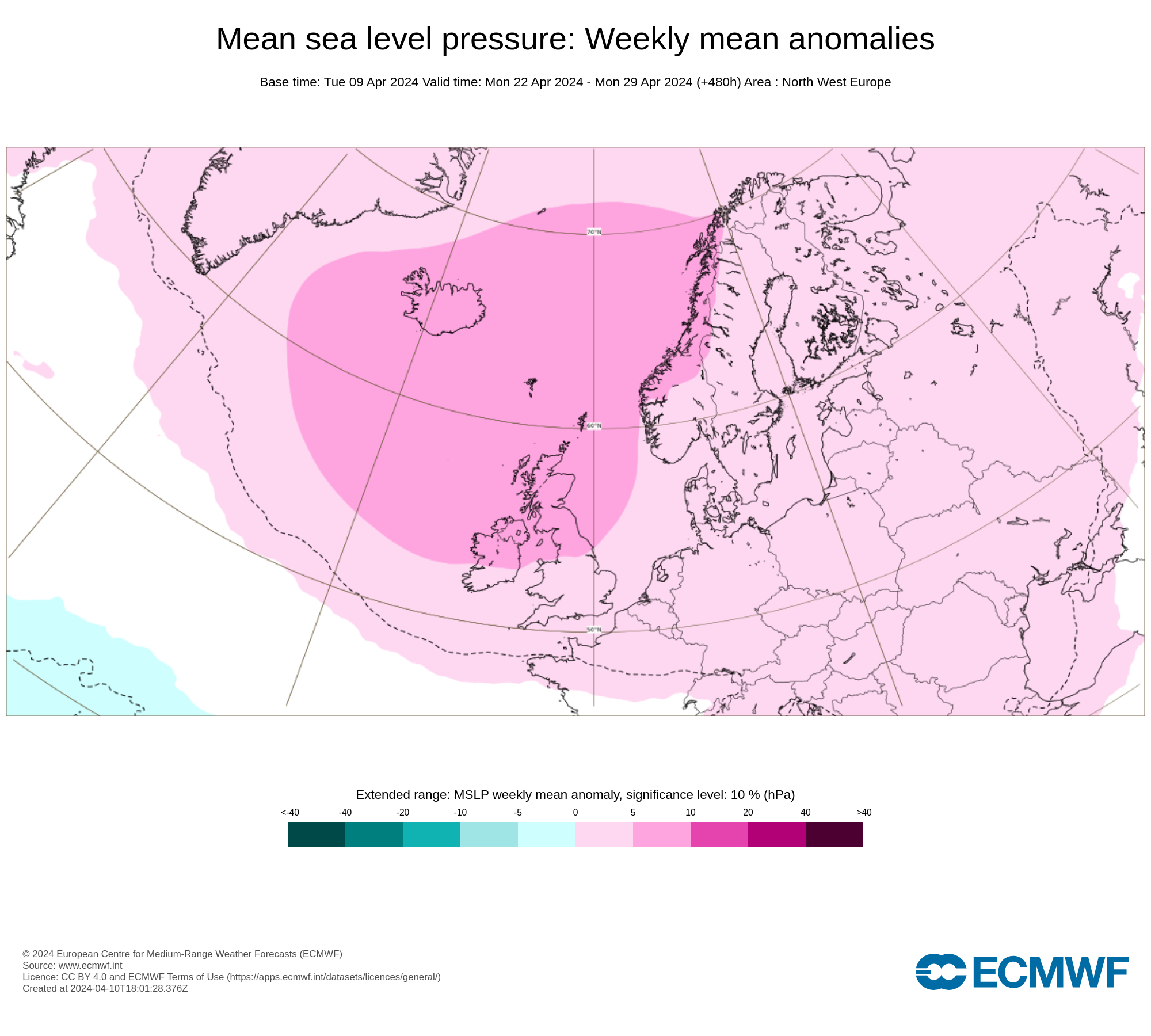CHRISTMAS STAR - Clear spells in the forecast for Monday night to see the close conjunction' of Jupiter and Saturn
December 2020 snowfall Gleniff Horseshoe Drive, Co.Sligo
We are now closing in on the long-awaited night of Dec. 21, when Jupiter and Saturn will engage in their "great conjunction."
We call it a "great" conjunction because to ancient skywatchers, these were the two slowest moving planets in the sky. Jupiter takes nearly 12 years to describe a full circle in the heavens, spending a year visiting each zodiacal sign in the sky, while Saturn takes 29.5 years to make one full trip around the sun. Because of their respective slow movement, a conjunction or — to the ancients — a "celestial summit meeting," was rather unusual. Such get-togethers happen, in most cases, about every 20 years on average.
So, when Jupiter and Saturn got together it was simply a conjunction, but a "great" conjunction!
Usually when Jupiter and Saturn line up they are separated by about one degree, or twice the apparent diameter of the moon.
But on Dec. 21, we see Jupiter and Saturn separated by just 6 arc minutes. That's equal to 0.1 degrees or about one-fifth the apparent width of the moon. Contrary to what other websites suggest, this will probably not be close enough to make the planets appear to merge into a single bright star (although some might see that if they remove their eye glasses). But in any case, it will be something exceedingly rare to see.
How often do these two planets come as close as that? Some websites say it has been nearly 400 years, while others say it's been almost 800 years. Indeed, the last time these two planets appeared so close was on July 16, 1623, when they were only 5 arc minutes apart — that's actually 397 years ago. There is a caveat however, for those living in temperate latitudes, such as New York, Paris or Tokyo, where the two planets were not visible because of their close proximity to the glare of the Sun and low altitude above the horizon.
This is not to say that the great conjunction of 1623 went completely unobserved. Visibility of this rare alignment would have only been visible from the tropics near the equatorial regions. If anybody living in northern South America, central Africa or Indonesia cared to look, they would have had a brief view of Jupiter and Saturn low in the west-northwest twilight sky on the evening of July 16th.
But the last time most of the world's population had a favorable view of these two planets coming so close to each other was on March 5, 1226, when they were even closer together (just 2 arc minutes) compared to what we will see on Dec. 21.
This sky map shows where you can find Jupiter and Saturn during the great conjunction on Dec. 21, 2020. Look for them in the southwest just after sunset. (Image credit: SkySafari app)
Some have suggested this holiday season that these two planets might be a replica of the legendary Star of Bethlehem. Actually, one of the more popular theories for the "Christmas Star" was a series of conjunction between Jupiter and Saturn in 7 BC. For in that year Jupiter and Saturn met not once but three times that year (in May, September and December).
The first conjunction (on May 29 — visible "in the east" before sunrise) presumably started the Magi on their way to Bethlehem from the Far East. The middle conjunction (September 30) may have strengthened their resolve in the purpose of their journey, while the third and final conjunction (Dec. 5) occurred just as they arrived in Judea to meet with King Herod, who sent them on to Bethlehem to "go and search diligently for the young child."
MONDAY 21ST DECMEBER 2020
Rain clearing southern areas with dry weather developing nationwide on Monday night, Some clear spells will also occur these northwest & north. Cold overnight with the risk of some frost and icy patches on roads with low of -2C to +3C coldest in the northwest and midlands.
NOTE - The great conjunction' of Jupiter and Saturn will occur overnight also known as the Christmas star with conditions as mentioned above been best across the northwest & north
You can find all the latest weather warnings and forecasts by downloading our app from the google play store by clicking below















